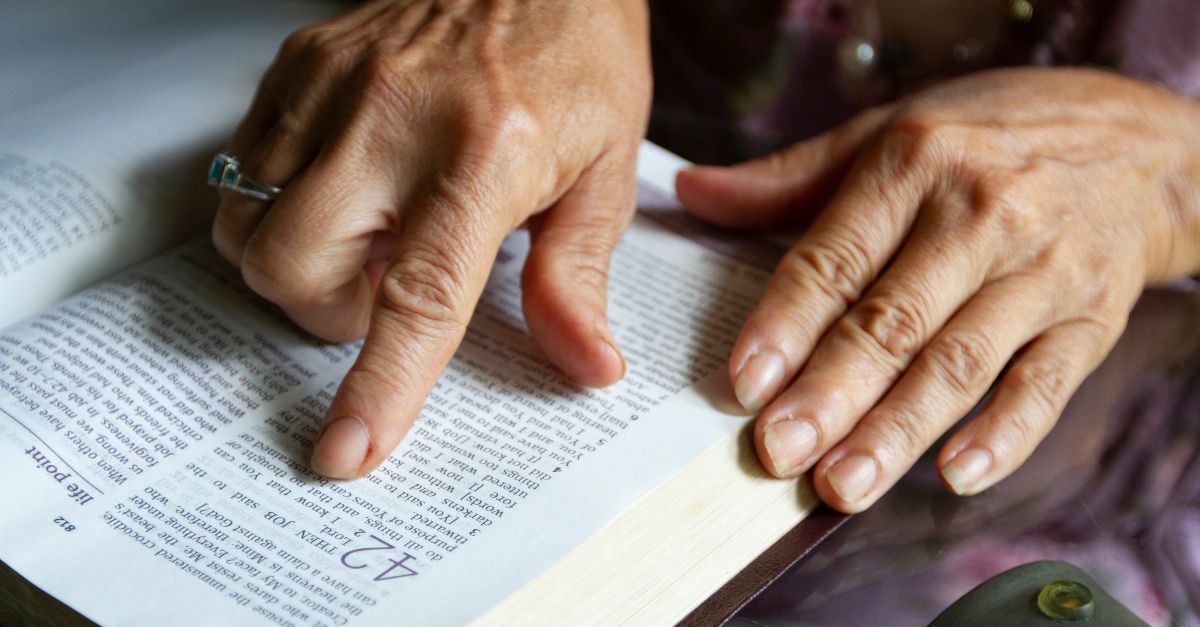Orthodoxy is conforming to correct Christian doctrine or belief. Orthopraxy is conforming to correct Christian doctrine or belief in practice. James puts it succinctly -
"But someone will say, 'You have faith and I have works.' Show me your faith apart from your works, and I by my works will show you my faith. You believe that God is one; you do well. Even the demons believe—and shudder." (Jas 2:18-19 NRSV)
This section in James shows that to be justified, or shown to be right, correct or true; the works show it. Can one claim to believe true biblical doctrine if their life does not show it?
James, 2000 years ago, stated a basis of the modern concept of Rational Emotive Behavior Therapy (REBT), which shows that our moods, emotions and behavior are based upon our beliefs. If someone's life does not match his professed Christian orthodoxy, is he a hypocrite? Or can some variation be caused by psychological or personality problems? Do the situations one is going through cause a less than perfect match between belief and practice? Can "I'm a work in progress" be a cop out?
Isn't it more important to carefully examine ourselves on this matter, rather than allowing others to judge us? That seems to be what Peter is telling us in 2 Peter 1:3-11. Then again, an overly sensitive Christian may be his own worst unforgiving judge.
This post was put in my mind by a column in Christian headlines dot com -

 www.christianheadlines.com
www.christianheadlines.com
"But someone will say, 'You have faith and I have works.' Show me your faith apart from your works, and I by my works will show you my faith. You believe that God is one; you do well. Even the demons believe—and shudder." (Jas 2:18-19 NRSV)
This section in James shows that to be justified, or shown to be right, correct or true; the works show it. Can one claim to believe true biblical doctrine if their life does not show it?
James, 2000 years ago, stated a basis of the modern concept of Rational Emotive Behavior Therapy (REBT), which shows that our moods, emotions and behavior are based upon our beliefs. If someone's life does not match his professed Christian orthodoxy, is he a hypocrite? Or can some variation be caused by psychological or personality problems? Do the situations one is going through cause a less than perfect match between belief and practice? Can "I'm a work in progress" be a cop out?
Isn't it more important to carefully examine ourselves on this matter, rather than allowing others to judge us? That seems to be what Peter is telling us in 2 Peter 1:3-11. Then again, an overly sensitive Christian may be his own worst unforgiving judge.
This post was put in my mind by a column in Christian headlines dot com -

The Great Danger of Orthodoxy
The Christian faith is known as an orthodox faith. It is appropriately concerned with orthodoxy, meaning “right thinking.” This is often juxtaposed against an emphasis on orthopraxy, meaning “right practice.”

